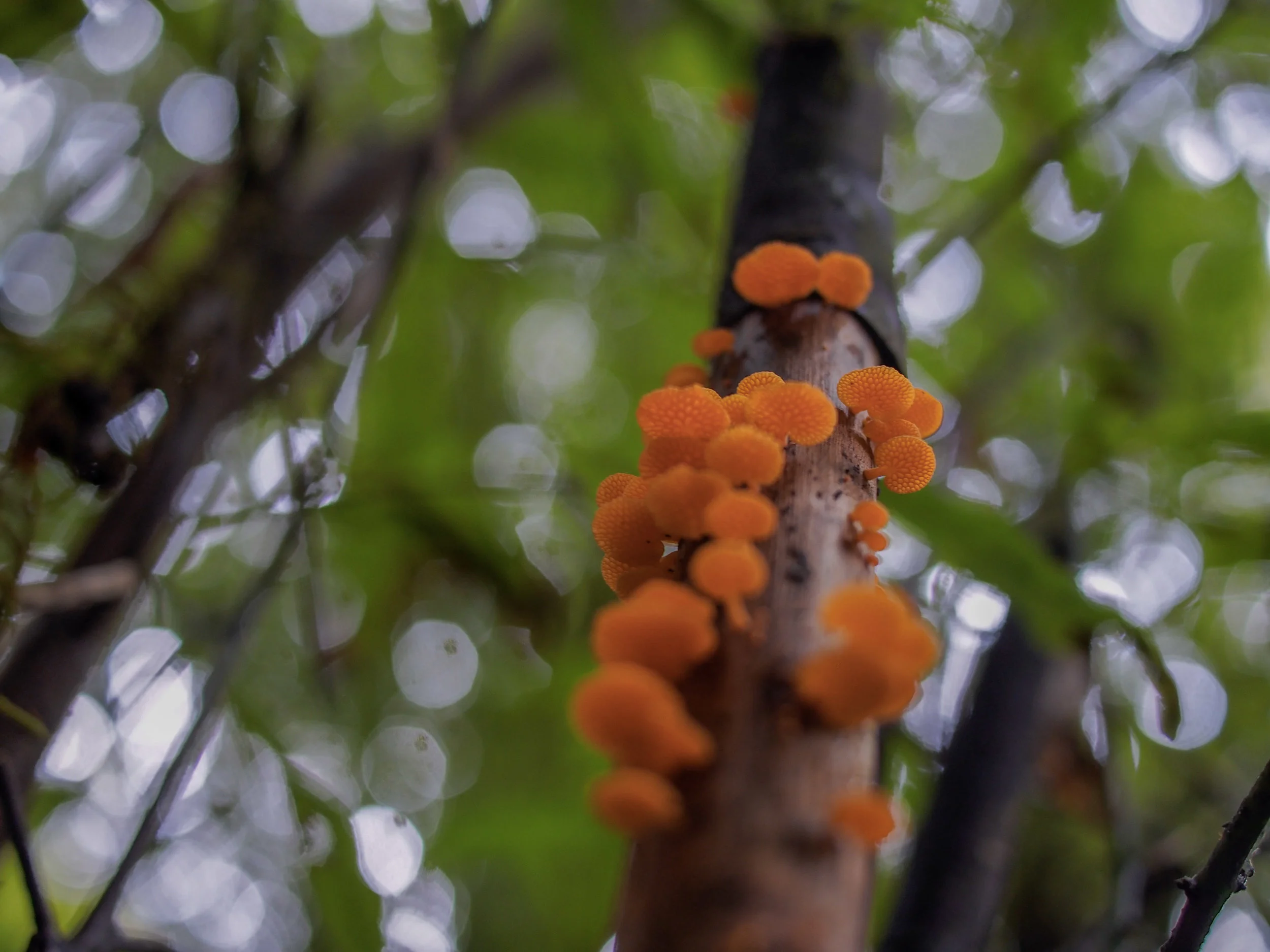We invite you to use and share Tipu Ake.
Tipu Ake Lifecycle model (English) .pdf (43 pages and 3.9 Mbytes
Tools for Growing Living Organisations .pdf (12 page summary 4.3 Mb)
Lifelong Learning - Using Nature's Ways .pdf (9 page summary 3.6 Mb)
Tipu Ake Powerpoint presentation (English).ppt
Tipu Ake Powerpoint presentation (French).ppt
Tipu Ake Model poster (English).ppt
Tipu Ake Model poster (French).ppt
Organic growth view poster (English).doc
Organic growth view poster (French).doc
Please respect the conditions of use below.
We invite you to acknowledge it by a koha (a reciprocal gift in return) when you have received value from it. Conditions of use: © 2001/2 Te Whaiti Nui-a-Toi
Tipu Ake is protected under the provisions of Article 29 of the United Nations draft declaration on the rights of Indigenous peoples (UNDRIP) which states: 'Indigenous peoples are entitled to the recognition of the full ownership, control and protection of their cultural and intellectual property. It further asserts: 'They have the right to special measures to control develop and protect their sciences, technologies and cultural manifestations, including human and other genetic resources, seeds, medicines, knowledge of the properties of fauna and flora, oral traditions, literature, designs and visual and performing arts'
In the tradition of Toi, this model is shareable knowledge gifted for the wellbeing of our world's future children. Please do not withhold it from others. The latest version is freely available on this site.
The document may be freely reproduced on paper for use within a single organisation, in any single country or location. It can only be reproduced in full with all pages included, complete with the registration form and footer copyright statement. No other name, title or other changes can be made to it. It is illegal to sell it to any other person.
The Tipu Ake lifecycle was developed by a team of individual volunteers from many places who contributed their energy and enthusiasm as koha, without any corporate sponsorship or government funding.
We trust that you too will want to acknowledgement it with a koha (a gift you can afford based on its value to you) thanks:
The Te Whaiti school achieved a major transformation in their effectiveness. If you were to make just a 1% improvement in your (or your organisation's) performance by using it, what would that be worth to you over the remainder of your life? As a guide we suggest you start by considering a koha equal to the value of one hour of your (or your organisation's) time; if you don't think it is worth that, then you probably don't yet understand its potential value to you. This way unwaged people and volunteers in non-profit organisations get it at no cost, whilst those earning more and therefore potentially getting more economic value from it pay more. From those without money, we value even more your gift in kind; feedback, thanks and promotion.
We ask all commercial, consultant or academic organisations that regularly make use of the model in their programs to register and at the end of each year send a koha (gift in trust based on its commercial value to them).
All income is used to further promote Tipu Ake values and support educationalactivities, scholarships and community development for the wellbeing of our and all children.
All intellectual property rights and all copyright associated with the Tipu Ake Lifecycle belongs for all time at the place of its origin - Te Whaiti Nui-a-Toi. Any reference made to the Tipu Ake Lifecycle in any other document must be footnoted: ©2001/2 "Tipu Ake Lifecycle - A Leadership Model for Innovative Organisations" www.tipuake.org
KOHA
The concept of reciprocal gifting
A koha is a special gift, or sharing of one's wealth, that demands nothing in return and need not be immediate. It is a social protocol that encourages a win-win trading relationships based on mutual trust and integrity.
In the earliest times it was a gift to Tane Mahuta, God of the trees and all living things in thanks for successful crops. In later times it was used as a form of trading. Visitors from the coast to inland tribes would bring a koha of seafood, or those from the South Island Greenstone; something plentiful for them but very valuable to their hosts. In return they would be fed with the delicacies of the forest or perhaps given a canoe. They also traded food for knowledge skill and produce.
The Maori have a proverb "Taua raurau, Taku raurau, ka Ora te Iwi - With your basket and my basket all the people will know wellness".
You are invited to acknowledge the value of Tipu Ake to you or your organisation by way of a Koha (in cash or kind) to Te Whaiti at any time. It will go into a fund administered by the school and community to further the wellbeing of their children, culture environment and beyond.
Just letting others know about Tipu Ake is one of the most valuable koha you can give us.
